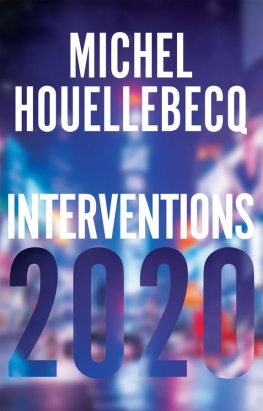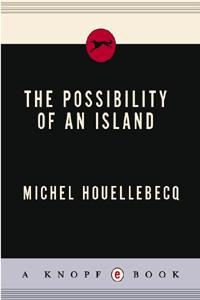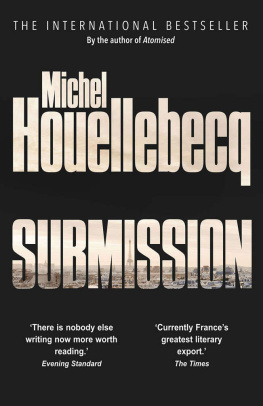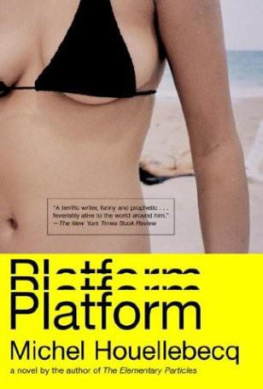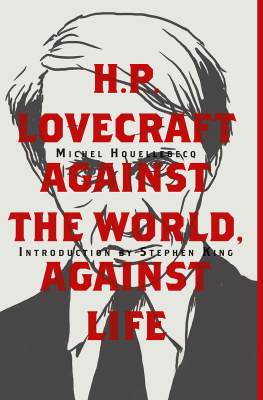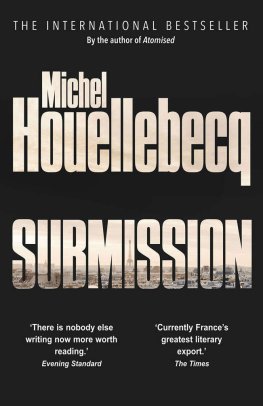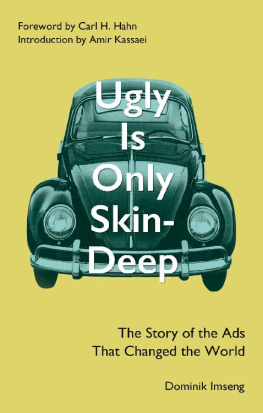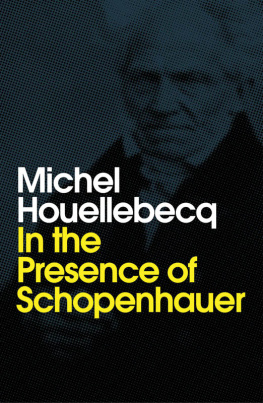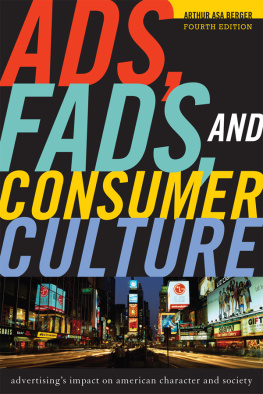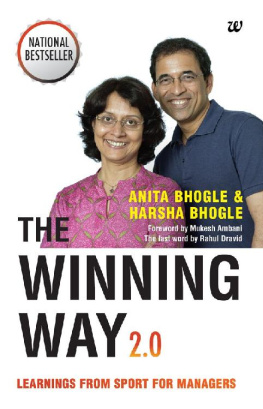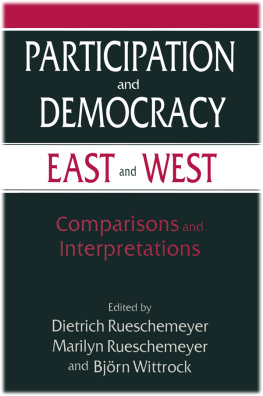CONTENTS
Guide
Pages
Interventions 2020
MICHEL HOUELLEBECQ
Translated by Andrew Brown
polity
Originally published in French as Interventions 2020 Michel Houellebecq and Flammarion, Paris, 2020
This English edition Polity Press, 2022
Polity Press
65 Bridge Street
Cambridge CB2 1UR, UK
Polity Press
101 Station Landing
Suite 300
Medford, MA 02155, USA
All rights reserved. Except for the quotation of short passages for the purpose of criticism and review, no part of this publication may be reproduced, stored in a retrieval system or transmitted, in any form or by any means, electronic, mechanical, photocopying, recording or otherwise, without the prior permission of the publisher.
ISBN-13: 978-1-5095-4997-9
A catalogue record for this book is available from the British Library.
Library of Congress Control Number: 2021945287
The publisher has used its best endeavours to ensure that the URLs for external websites referred to in this book are correct and active at the time of going to press. However, the publisher has no responsibility for the websites and can make no guarantee that a site will remain live or that the content is or will remain appropriate.
Every effort has been made to trace all copyright holders, but if any have been overlooked the publisher will be pleased to include any necessary credits in any subsequent reprint or edition.
For further information on Polity, visit our website: politybooks.com
Jacques Prvert is a jerk
Jacques Prvert is someone whose poems you learn at school. It turns out that he loved flowers, birds, the neighbourhoods of old Paris, etc. He felt that love blossomed in an atmosphere of freedom; more generally, he was pretty much on the side of freedom. He wore a cap and smoked Gauloises; he sometimes gets confused with Jean Gabin. Also, he was the one who wrote the screenplay for Quai des brumes, Portes de la nuit, etc. He also wrote the screenplay for Les Enfants du paradis, considered to be his masterpiece. All of these are so many good reasons for hating Jacques Prvert especially if you read the scripts that Antonin Artaud was writing at the same time, which were never filmed. Its dismaying to note that this repulsive poetic realism, of which Prvert was the main architect, continues to wreak havoc we think were paying Leos Carax a compliment by identifying him with this style (just as people make out that Rohmer is undoubtedly a new Guitry, etc.). In fact, French cinema has never recovered from the advent of the talkies; one day these talkies will finally kill cinema. Too bad.
After the war, around the same time as Jean-Paul Sartre, Jacques Prvert enjoyed enormous success; one cant help being struck by the optimism of that generation. These days, the most influential thinker is more likely to be Cioran. Lovers smooched on public benches, there was a baby boom, and plenty of low-cost housing was built to accommodate all those people. Lots of optimism, faith in the future, and a certain amount of bullshit. Obviously, weve got a lot smarter since then.
With the intellectuals, Prvert was less fortunate. Yet his poems are full of those silly puns that are so entertaining in Boby Lapointe Intelligence is of no help at all in writing good poems; it does however stop you writing bad ones. If Jacques Prvert is a bad poet, this is mainly because his vision of the world is commonplace, superficial and false. It was already false in his own time; today its inanity is so glaring that the entire work seems to be the expansion of one gigantic clich. On the philosophical and political level, Jacques Prvert is above all a libertarian; in other words, basically, an idiot.
Weve been splashing about in the icy water of egotistical calculation since our earliest childhood. We can live with this situation, we can try to survive it; we can also just let ourselves sink. But what its impossible to imagine is that freeing the powers of desire alone is likely to melt the ice. The story goes that it was Robespierre who insisted on adding the word fraternity to the motto of the French Republic; were now in a position to gauge the full irony of this anecdote. Prvert certainly saw himself as a supporter of fraternity; but Robespierre was not an opponent of virtue far from it.
Notes
- Houellebecqs summary of the reasons for Prverts notoriety includes references to the films directed by Marcel Carn for which Prvert wrote the screenplays, including Quai des brumes (1938), starring Jean Gabin, Les Enfants du paradis (1945), and Portes de la nuit (1946). Antonin Artaud seems to have written fifteen screenplays for films, of which only one was made (La Coquille et le clergyman, Germaine Dulac, 1928). As a director, Leos Carax whose films include Les Amants du Pont-Neuf (1991) and Holy Motors (2012) is noted for his poetic style, if not exactly for his realism. ric Rohmer (19202010) was noted for his talkative films, part of the French New Wave; and Sacha Guitry (18851957) was active in theatre and then cinema: he decided that the advent of the talkies was a boon for film and became a prolific cinema director.
- Emil Cioran (19111995), born in Romania, settled in Paris in the Second World War and became known as a French writer of pessimistic essays and aphorisms.
- Boris Vian (19201959) was talented in many artistic fields, well known as a singer and songwriter; Georges Brassens (19211981) was also a famed singer and songwriter.
- Robert (known as Boby) Lapointe (19221972) was a humorous chansonnier and actor known for his word play.
- The Bibliothque de la Pliade is a collection of (mainly French) writers deemed to be classics; to enter the Pliade is a mark of literary consecration.
- .
The Mirage by Jean-Claude Guiguet
Acultivated middle-class family on the shores of Lake Geneva. Classical music, short sequences with a great deal of dialogue, cutaways to the lake; all of this might give one the impression of dj vu. The fact that the girl is painting intensifies our worries. But no, this isnt the twentyfifth Eric Rohmer clone. Its, oddly, much more than that.
When a film constantly juxtaposes the maddening and the magical, the magical rarely wins out; yet thats what happens here. The actors, somewhat hit-and-miss in their approach, have a hard time interpreting a script that seems overwritten and sometimes borders on the ridiculous. People will say they havent found the right tone; this may not be entirely their fault. Whats the right tone for a sentence such as The fine weather has come to join us? Only the mother, Louise Marleau, is perfect from start to finish, and its undoubtedly her magnificent love monologue (its an amazing thing in films, the love monologue) that elicits our unreserved approval. We can soon forgive some of the dubious dialogues, some of the rather heavy-handed musical punctuations; in any case, none of this would get noticed in an ordinary film.
Starting with a theme of tragic simplicity (its spring and the weather is fine; a woman of about fifty aspires to experience one last carnal passion; but if nature is beautiful, its also cruel), Jean-Claude Guiguet has taken the maximum risk: that of formal perfection. The film is as far removed from the TV advert effect as it is from sputtering realism and arbitrary experimentalism; here, the sole pursuit is that of pure beauty. The way its cut into sequences, classic, refined, tenderly daring, corresponds exactly to the impeccable geometry of the framing. Its all precise, sober, and structured like the facets of a diamond: a rare work. Its also rare to see a film where the light so intelligently suits the emotional tone of the scenes. The lighting and decoration of the interior scenes are profoundly right, infinitely tactful; they remain in the background, like a discreet and dense orchestral accompaniment. Its only in the outdoor scenes, in the sunny meadows bordering the lake, that the light bursts out, playing a central role; and this too is perfectly in line with the films purpose. There is a terrible carnal luminosity to the faces. Nature wears a shimmering mask, which, as we know, conceals a sordid swarming, but this mask cant be torn away (never, by the way, has the spirit of Thomas Mann been so profoundly captured). We cant expect anything good to come from the sun; but human beings can perhaps, to some extent, manage to love each other. I dont remember hearing a mother say I love you to her daughter so convincingly; not in any film, ever.

